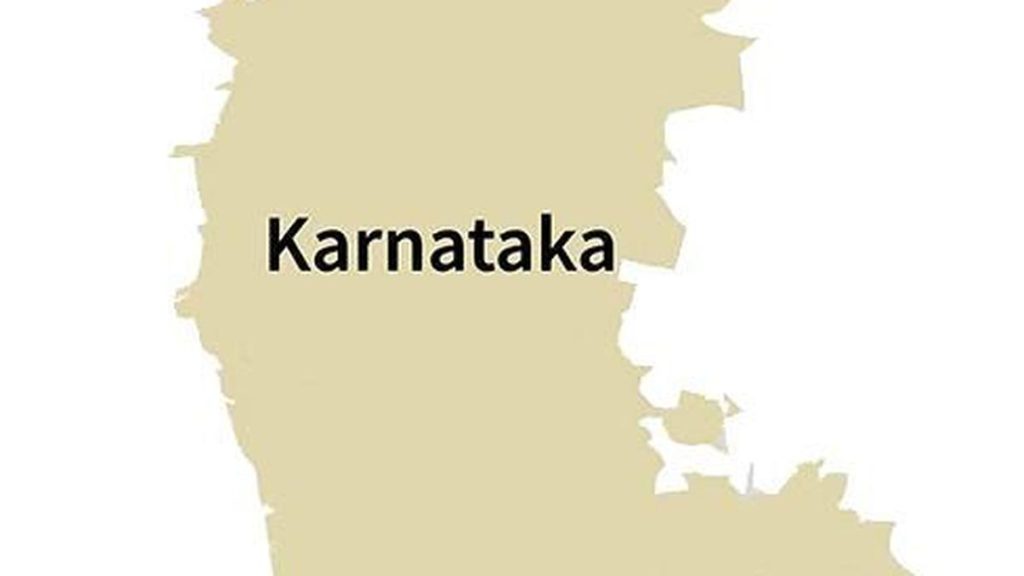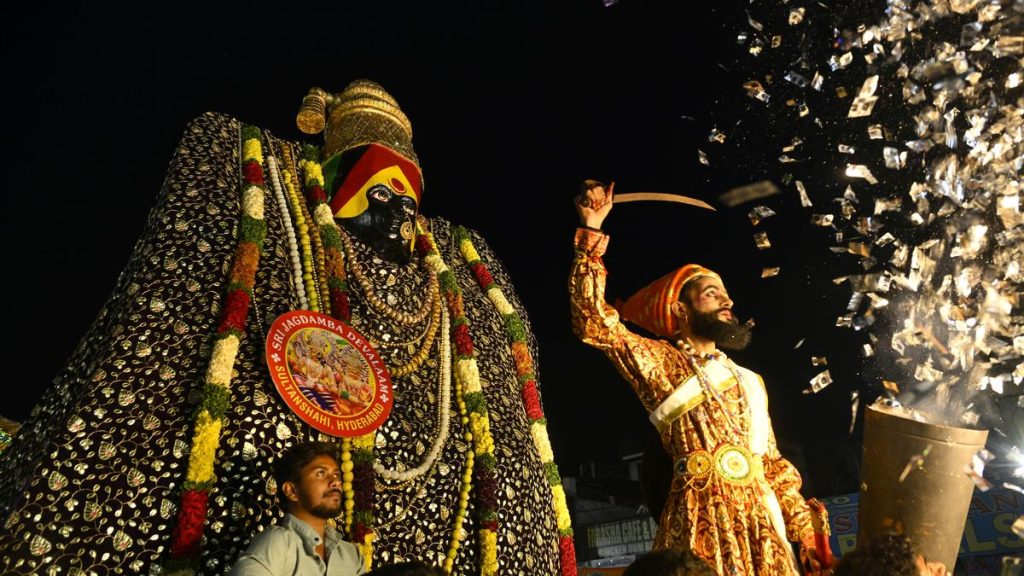Now Reading: *Maharashtra Cattle Traders Announce Boycott Over Alleged Harassment*
-
01
*Maharashtra Cattle Traders Announce Boycott Over Alleged Harassment*
*Maharashtra Cattle Traders Announce Boycott Over Alleged Harassment*

speedy Summary
- Mohammed Sufiyan, a licensed cattle trader from Maharashtra, claims his buffaloes were seized by gau rakshaks with police assistance despite him having obtained a court order and paid ₹65,000 maintenance fees.
- The Qureshi Muslim community alleges long-standing harassment by cow vigilante groups like Bajrang Dal, despite adhering to the Maharashtra Animal Preservation (amendment) Act, 2015.
- Protests condemning violence and harassment have been organized across the state, with traders announcing an indefinite boycott of cattle trade starting July 21, 2025.
- Representatives of the All India Jamiatul Quresh (AIJQ) met the Minister of State for Home Yogesh Kadam and DGP Rashmi Shukla for protection assurances against vigilante groups.
- A letter sent to authorities highlights losses in life and property due to these incidents and asks law enforcement officials to intervene effectively.
- Harassment allegedly increased after law amendments in 2015 prohibited slaughtering certain types of cattle while allowing others under specific conditions such as obtaining veterinary certificates.
- The boycott is expected to affect at least three lakh traders and also farmers who rely on this trade for managing aged livestock.
Indian Opinion Analysis
The ongoing conflict between cow protection groups and legal cattle traders raises serious concerns about law enforcement’s role in protecting legitimate business activities.While the Maharashtra Animal Preservation Act defines lawful procedures for trading bovines not specifically prohibited under its purview (e.g., buffaloes), vigilante interference seems to undermine both legal frameworks and societal harmony. Although oral assurances have been given by authorities, protests indicate systemic gaps in safeguarding constitutionally-backed rights.
The economic ramifications extend beyond traders; farmers depend on this ecosystem for trading livestock vital for agriculture sustainability. If unchecked vigilante actions persist, these disruptions could deepen social polarization while impacting rural livelihoods-a cornerstone of India’s economy. Resolving tensions will likely require stricter implementation of legal safeguards alongside consistent accountability measures.
Read more: Raw article text provided above.

























